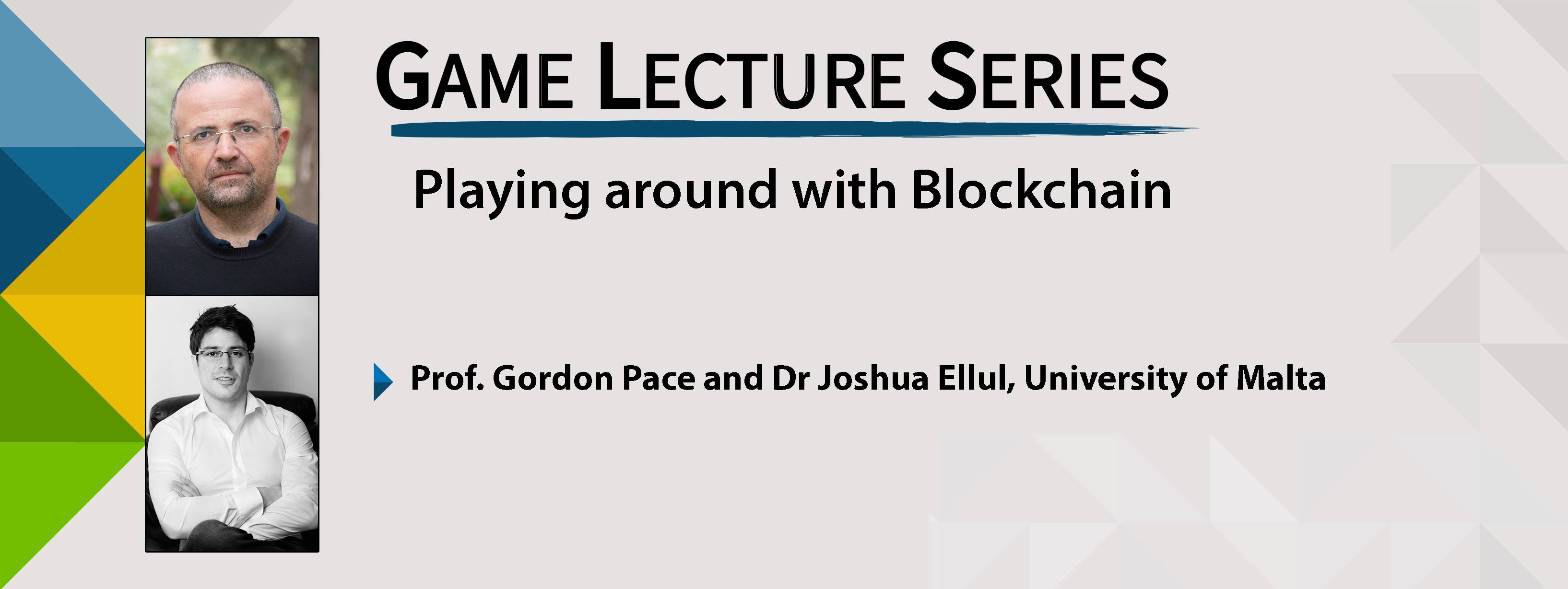
Game Lecture Series - Playing around with Blockchain


17th April 2018 @ 18h00 @ Institute of Digital Games
Game Lectures are held approximately once a month at the IDG and are public, open, free events on weekday evenings which bring together academics, practitioners and enthusiasts with a common love for games of any type: digital, analog, urban, free-form, etc.
About the talk:
Given the hype there is about blockchain, with its applications claimed to range from the mundane (keeping track of your stamp collection) to ones worthy of science-fiction (automated negotiation of contracts), it is not easy to separate what are the real opportunities the technology gives. The aim of this talk is to give an introduction to blockchain (and distributed ledger technologies in general) and smart contracts, with a particular slant towards how the technology can (and has) been used in the domain of games.
The talk will be split into two parts. We will give a short non-technical explanation of what blockchain is, and an introduction to what smart contracts are. We will then illustrate how these ideas are being used in the domain of games, with a short discussion of how it can benefit the game design process.
If there is interest and time, we can also give a short technical introduction (for the more technical members of the audience) showing how to program smart contracts, illustrating their use on a simple game.
About Prof Gordon Pace:
Gordon's research interests lie in the field of formal methods, currently mostly working on runtime verification, contract analysis and domain-specific languages. In the area of blockchain, he is primarily interested in the formal aspects and applications of blockchain technologies and smart contracts from the perspective of more dependable computing and services. He is currently working on verification techniques for smart contracts and the use of distributed ledgers for safer systems. He also dabbles in game design, and enjoys far too many things beyond computer science to include in the last sentence of his bio.
About Dr Joshua Ellul:
Joshua is working on optimising/developing internal Blockchain virtual machines and lowering the learning curve of smart contract development, as well as focusing on integrating the IoT with Blockchain technologies.

